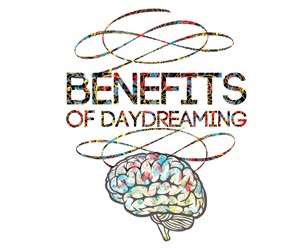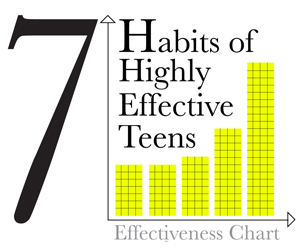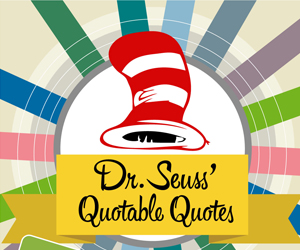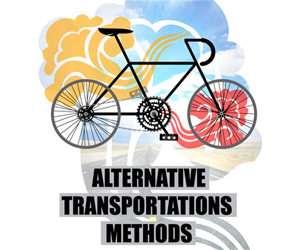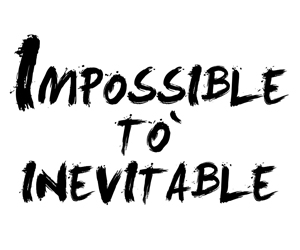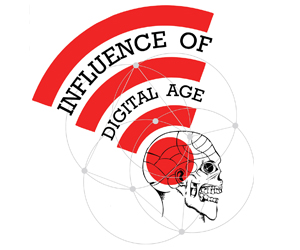
Are your grades suffering, are you having difficulties remaining focused and making decisions? Do you often find yourself feeling groggy, tired or unmotivated in the afternoon? We may often turn to energy boosters such as sugary drinks and snacks to help us make it through the day. But, in reality, it could be because you’re not getting enough sleep. While it is well known that children need about 10 hours of sleep per night and adults need around seven or eight for maximum health benefits, many of us fail to make sleep important. Comedian Carrie Snow once said, “No day is so bad it can’t be fixed with a nap.” In fact, many famous people have used naps to help themselves feel refreshed. Leonardo DaVinci is said to have had an extremely irregular sleep pattern, taking multiple naps a day and sleeping less at night. To alleviate stress on the job and break up his day, U.S. President John F. Kennedy took frequent naps. John D. Rockefeller, oil tycoon and philanthropist, napped every afternoon in his office. Actress and musician Emmy Rossum tries to prioritize her sleep. In an interview with HuffPost Live she said, “Sleep is important,” she said. “I’m a huge napper… I literally nap between interviews.” Maybe they’re all onto something. While we all know that we should be logging seven or eight hours of shut-eye each night for maximum health benefits, many of us fail to make sleep a priority. The truth is, taking a nap is perhaps the best way to rejuvenate your brain. But, as David Dinges, a sleep scientist at the University of Pennsylvania’s Perelman School of Medicine, tells us, “Naps are actually more complicated than we realize,” said “You have to be deliberative about when you’re going to nap, how long you’re going to nap and if you’re trying to use the nap relative to work or what you have coming up.” Sleep experts have break sleep down into several stages, which the brain runs through every 90 to 120 minutes. The first first two are relatively light sleep, while the third brings you into a deeper sleep. The fourth stage, known as rapid eye movement – or REM, is where most of your dreams begin.
How Long to nap?
The benefits of napping are tied to the length of time in which you’re asleep.
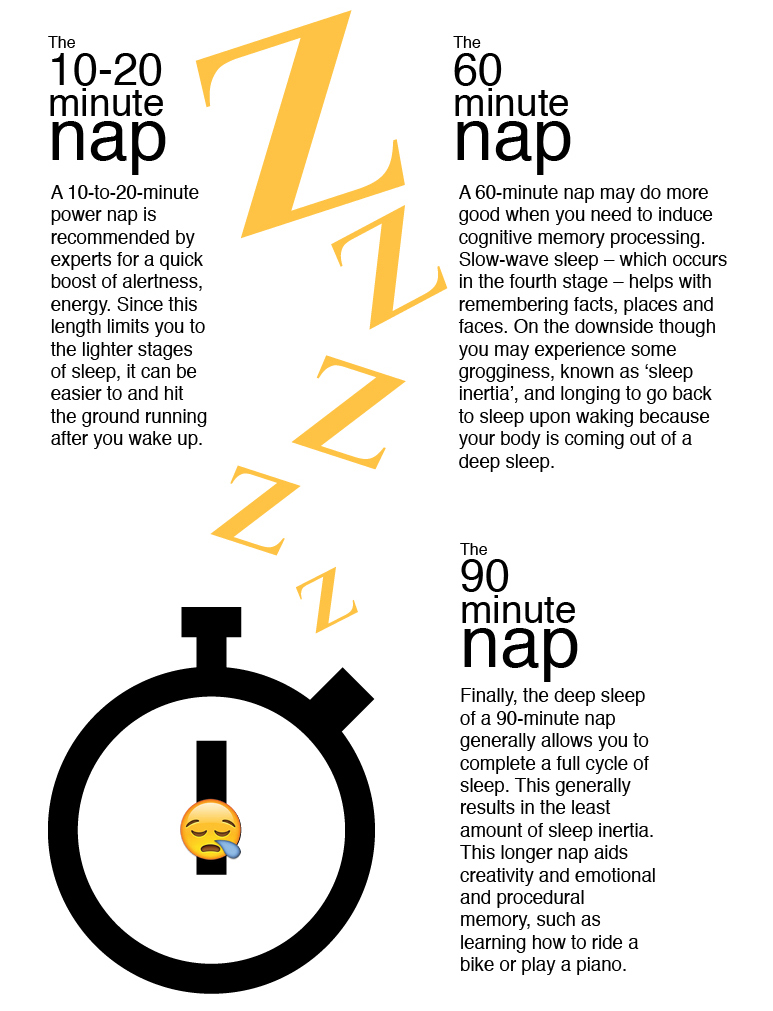
Experts say the best time to nap is generally between the hours of 1 p.m. and 4 p.m. Napping later in the day could interfere with nighttime sleep.
There is a fine balance between the phases, and a nap’s timing and duration can have different effects on different people, depending on their age and possibly genetics. If you’ve ever taken a nap and felt worse when you woke up, it could be because you’re sleeping too long and you’re going into a stage of sleep that’s more difficult to get out of.
As the benefits of napping are becoming more well known, some work places and gyms are incorporating places to nap so people can have a brief afternoon nap on a daybed to increase alertness. We may need naps now more than ever.
Do you ever nap during the afternoon? Do you know how long your body needs to nap to feel refreshed?
![]()
Sources: http://www.huffingtonpost.com/2014/05/06/famous-people-who-nap_n_5248739.html and http://collectivelyconscious.net/articles/how-long-to-nap-for-the-biggest-brain-benefits/ and http://www.wsj.com/articles/SB10001424127887323932604579050990895301888











